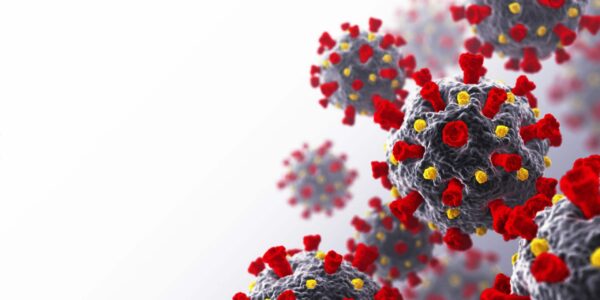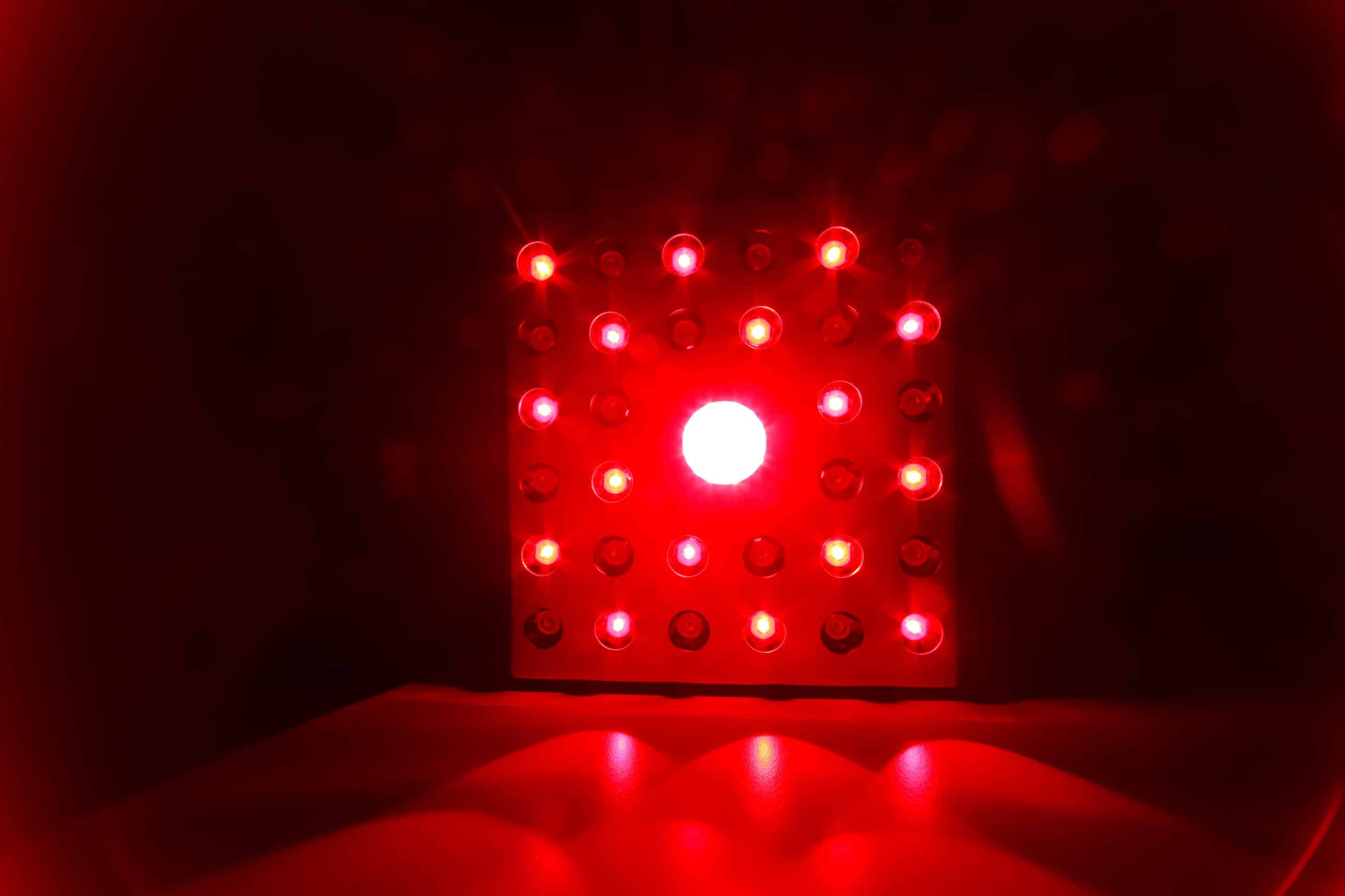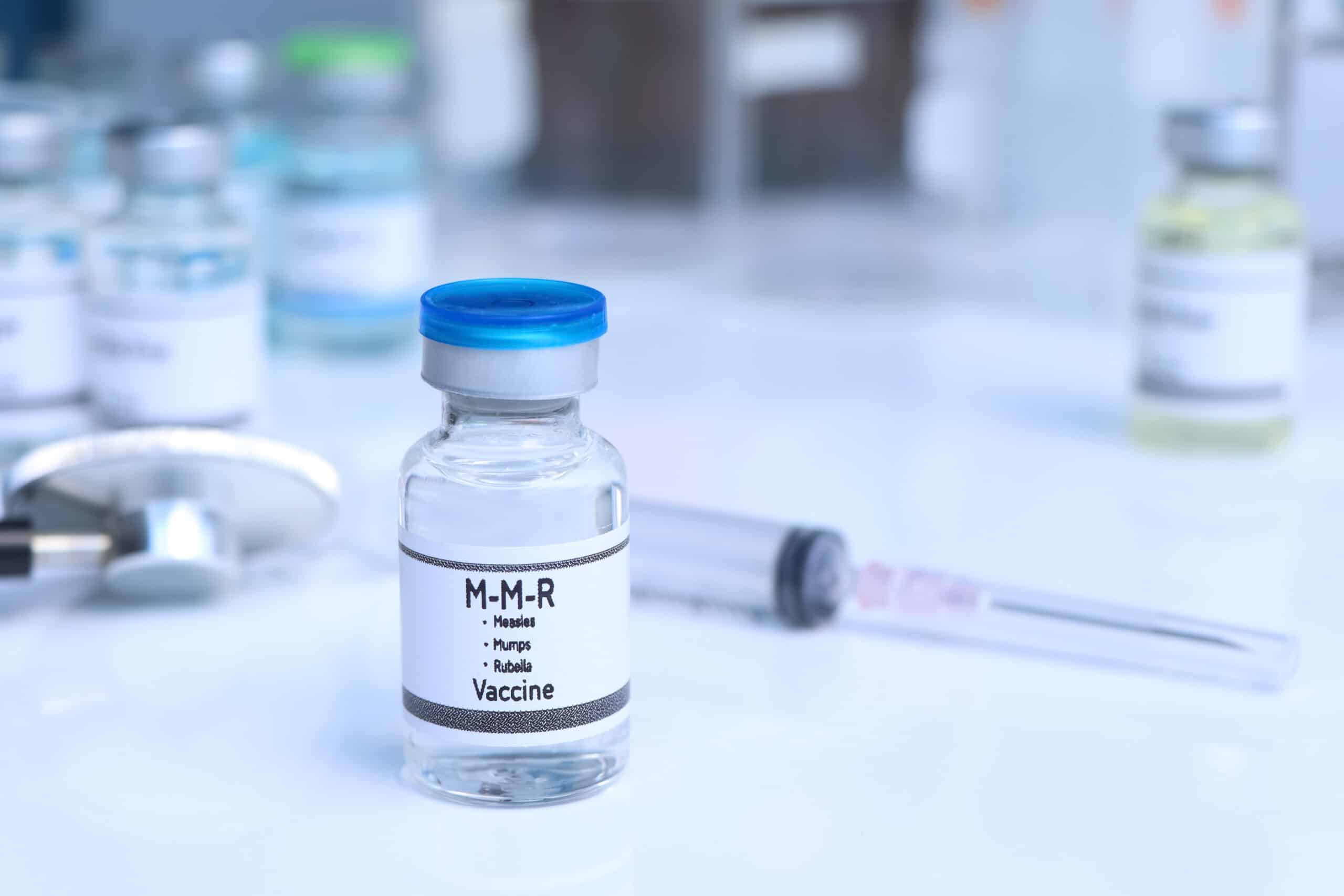We are recommending an even greater level of caution to our patients and our community.
As of March 14, 2020, Santa Clara County is reporting 91 cases of Covid-19, up from 74 cases yesterday. San Mateo County is reporting 32 cases, up from 20 yesterday.
With this update, I want to emphasize how important it is that we maintain (or start!) social distancing. For those of you who like data and graphs, I feel this article is an excellent explanation of why NOW is the time to isolate. In my last message, I said that the numbers of hospitalized patients with Covid-19 at our local hospitals was small. I should clarify that message.
Although the hospitalized patient number continues to be low, it is slowly increasing. This number, however, likely represents the tip of the iceberg of total current people who have the virus. It is now felt that there is some transmission happening from people without symptoms. So although the hospitalized case number is low, and the reported case numbers remain fairly low, there are others who feel ill who have not yet been tested, and there are others who don’t have symptoms, but may be able to transmit the virus.
Our current knowledge is always at least a few days behind where things really are today, and the spread of this epidemic has been shown to be exponential. If you look at the graphs in the link above, you can see that we are tracking on a similar path to that of Italy, Germany, and South Korea. We are just several days behind them.
In order to avoid rapid growth of this epidemic, we absolutely need to be more careful than what feels natural. In summary, if we wait until this is obviously a big problem locally, it will be too late. We will have missed the opportunity to really limit the effects of this virus. In addition to avoiding gatherings, we should be keeping a distance of several feet between us and other people when we are out in the community. I don’t feel that it’s currently safe to be standing closely together in a line of people whom you don’t know, or sitting at a table close to other people, or walking through a crowded store.
We will know a lot more about where this is going in the coming several days, but my current advice is to be very cautious. There are still many people in our community who, in my opinion, are not showing a significant enough level of caution.
I feel that social distancing is the most effective way to avoid the spread of this virus.
In addition to that, I have the following thoughts:
Who is most at risk?
People over 60 or people with chronic medical conditions such as diabetes, congestive heart failure, or lung diseases are at higher risk. It is not known for sure whether or not asthma is a risk factor. One study with Covid-19 did not show any increased risk with asthma; however, asthma has been shown to be a risk factor in prior coronavirus infections.
Should I stockpile medications?
I don’t recommend stockpiling medications. Very few of the severe Covid-19 infections end up resulting in a bacterial infection. So antibiotics are not helpful. This is in contrast to influenza, where bacterial secondary infections (like bacterial pneumonia) are more common. In addition, steroids are not recommended with Covid-19 infections unless there is some other reason to use them (other than the coronavirus infection.) There aren’t any treatments outside of the hospital that are available. The hospital can provide supportive care, if needed, and can request an antiviral called remdesivir for serious cases. Outpatient medications like chloroquine are not yet recommended and are also not available.
Should I try to get a ventilator or oxygen?
I don’t recommend this. This equipment will be needed by hospitals, and it is best managed by hospital medical personnel.
Should I get tested?
People who are symptomatic with cough or fever can be tested. It is not recommended to test people with no symptoms as the test is not felt to be sensitive enough during the asymptomatic stage.
What should I do if I get sick?
If you get sick, please stay at home. Please let us know. You can try to isolate yourself from your family. You can wipe surfaces that you touch. The virus is very susceptible to household cleaning supplies (dilute bleach, alcohol based disinfectants.) If you were to get severe symptoms (shortness of breath, severe cough, fatigue) please let us know or go to the nearest hospital for care and evaluation.
Where should I go to get tested if I feel sick?
If you feel shortness of breath or have moderate to severe symptoms, you should be evaluated at one of the local emergency rooms or urgent cares. You should call us to discuss this. If you have milder symptoms of cough or fever, we may be able to test you ourselves. Please call us to discuss this. Stanford and PAMF are both ramping up testing through their Urgent Care programs. They may have drive-through testing set up soon.
Where else can I get more information?
You are always welcome to call or email us. You can also check the websites at the San Mateo County public health dept. here. John’s Hopkins also has an excellent site here.
I am still hopeful that we may be taking appropriate action quickly enough to make this a manageable problem. It is still true that the vast majority of people who get this virus do very well and recover. Now is an important time to be kind to one another and focus on mutual support. As a silver lining, some of us may benefit from the reduction of constant movement, and having the time to reflect and be with our loved ones.
Yours in health,
Dr. Ian Kroes and Dr. Patricia Santana
Covid-19 update in the Bay Area by Dr.Kroes



